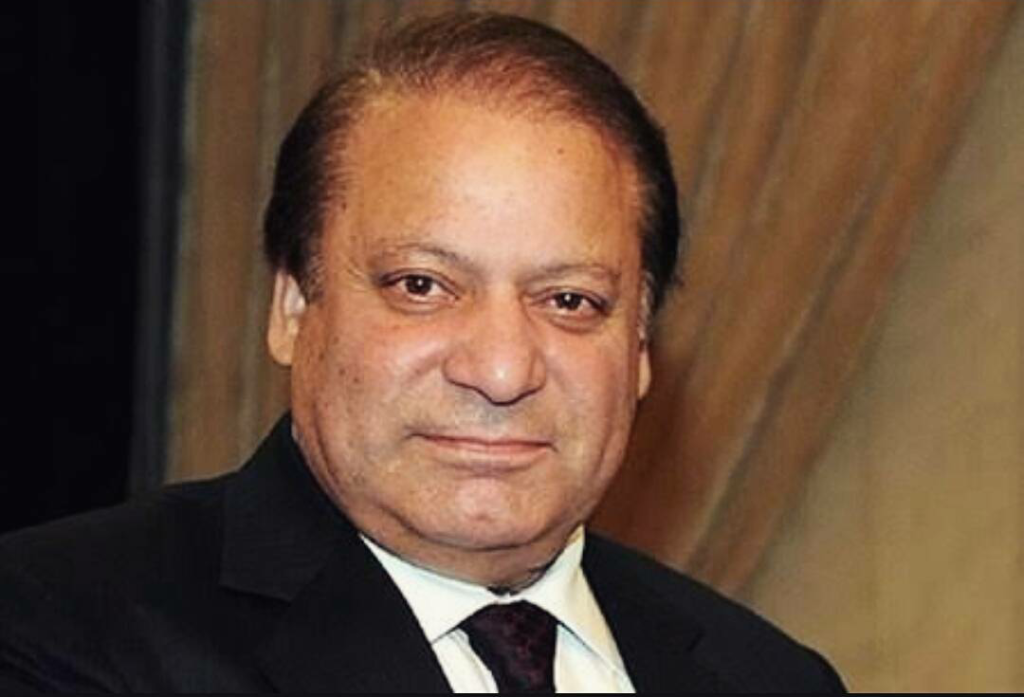Ousted Pakistani PM Returns to Political Power
 Members of the Pakistan Muslim League-Nawaz (PML(N)) re-elected Nawaz Sharif as the president of the party on October 3. The election came after the National Assembly passed the Election Bill 2017 just a day earlier, despite loud opposition.
Members of the Pakistan Muslim League-Nawaz (PML(N)) re-elected Nawaz Sharif as the president of the party on October 3. The election came after the National Assembly passed the Election Bill 2017 just a day earlier, despite loud opposition.
The Election Bill 2017 changes a number of features of the Pakistani electoral process, such as allowing the Election Commission of Pakistan (ECP) to take legal action against negligent poll staff, extend the campaigning period from 21 days to 28, and submit an annual performance report to the National Assembly.
However, the most controversial part of the bill is the provision that annuls the requirement that the president of a party must be eligible to hold public office. This change allowed Nawaz Sharif, a man who is officially ineligible to hold public office in Pakistan, to be welcomed back as the president of the Pakistan Muslim League, the largest political party in the Pakistani National Assembly, holding a massive 55.46 percent.
Nawaz Sharif served as Prime Minister from June 2013 to July 2017, when the Supreme Court disqualified him from office due to his implication in the Panama Papers. Sharif’s involvement in the Panama Papers indicated that he and members of his family had failed to disclose a large number of foreign assets. Many in the opposition viewed this act as the Sharif family’s abuse of its position in power to acquire personal wealth through illegal means.
The return of Sharif in spite of the corruption charges, as well as the lack of opposition from his own party, demonstrates the amount of power that he holds. As Prime Minister, Sharif accrued more political power than any of his predecessors, and it is very likely that he will continue to shape Pakistani politics.
